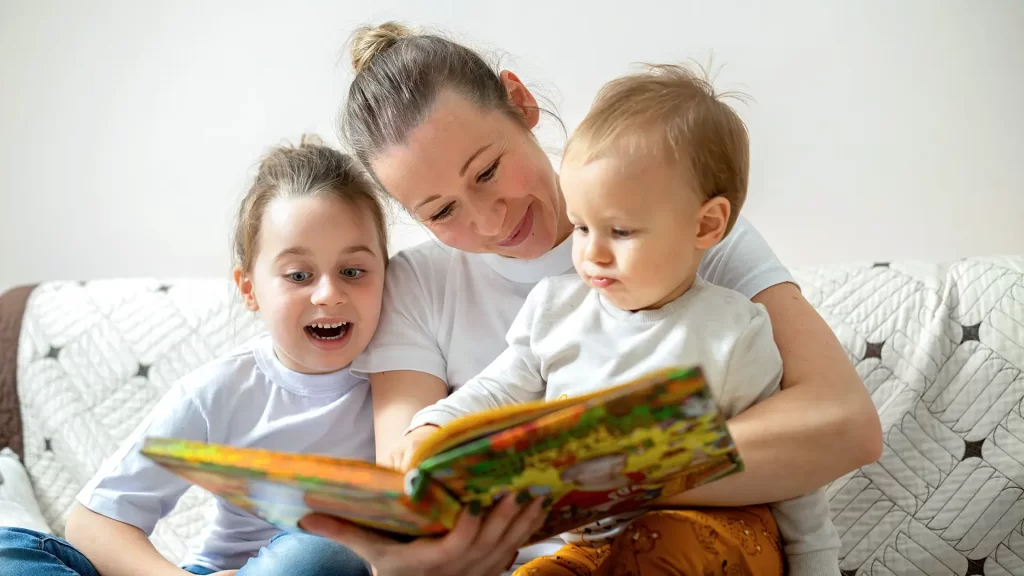BY: RICARDO VARGAS
Don’t force her, she’s too young, what’s the rush? She’s going to learn when she’s in first grade, she’s not mature yet, if you force her, she’s going to get bored and then she won’t want to read.
These are some of the myths related to early learning to read. In my professional experience, the children who have problems with learning to read are not the ones who learn at an early age, I have never known of a child who has some type of problem because they learned to read before reaching elementary school, the ones who If they frequently present problems, they are those who have some difficulty learning to read, since when this happens, their self-confidence is lost, they reject reading and their academic performance deteriorates.
In educational systems, it is customary to start reading in the first grade of primary school once the brain’s stage of greatest plasticity begins to decrease remarkably. Does starting learning to read in the first year of primary school have any relationship with the information from INEGI (National Institute of Statistics and Geography) that in 2021 almost half of Mexicans did not read even a book? Is starting to read in the first year of elementary school too late?

Why is it important to learn to read at an early age?
Few parents understand the benefits of learning to read at an early age, when the brain is going through its most plastic period and has a greater ability to adapt to recognize letters, process words and sentences.
When the child’s brain adapts to a task that is not natural to it, reading, extraordinary changes occur in the structure of the brain, to develop a specialized tool for reading, the brain creates specialized neurons, the production of serotonin and dopamine increases. , fundamental substances to activate new neural networks, increases blood flow in the brain. Our brain prepares, adapts, and transforms.
Early learning to read also influences the way children organize their thinking, expand their vocabulary, and increase their ability to understand what they hear.
But one of the greatest benefits of early learning to read is the love children develop when reading is easy, enjoyable, and second nature to them.
Learning to read at an early age affects how we will think and how we will act in the future.
Is learning to read at an early age not common because we adults don’t know how to teach correctly, in an easy and attractive way?
Should teachers continue to be responsible for teaching reading?
A good alternative would be an app to give kids access in an engaging and fun way without the flaws of most methods and the mistakes teachers make all the time.








































Leave a Reply